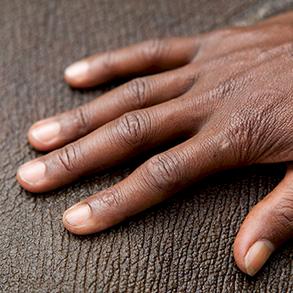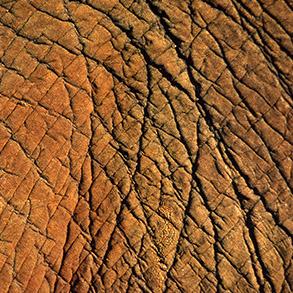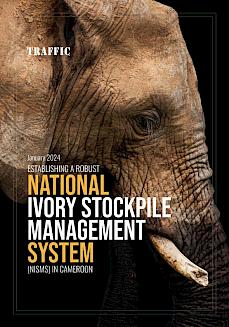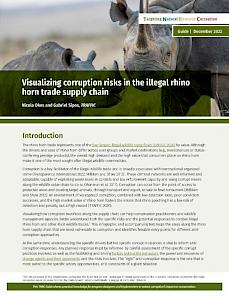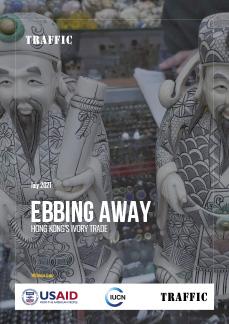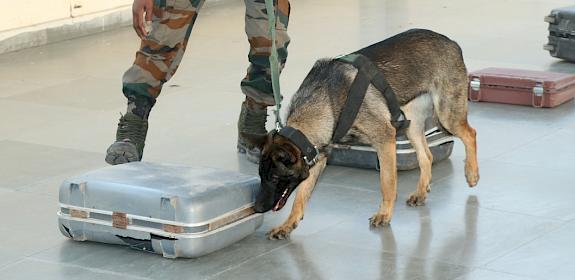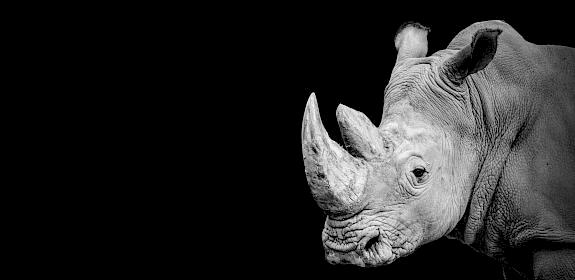
The Combating Wildlife Crime in Namibia and Kavango Zambezi Area Project, hereafter referred to as the CWCP, seeks to counter growing threats from transnational wildlife crime to globally important populations of rhino and elephant found in northwest Namibia and project sites in the Kavango Zambezi Transfrontier Conservation Area (KAZA).
CWCP is a multi-country, multi-partner initiative being implemented by a Consortium of 14 organisations, with WWF in Namibia providing the lead management and co-ordination role. The project is fostering improved knowledge on wildlife crime dynamics and impacts, and enhanced sharing of related information and data among law enforcement agencies, civil society, and the private sector within and among countries.

The KAZA CWCP is a critical step towards fighting wildlife crime in a region where the transboundary movement of animals, especially elephants, are at high risk
Mr A. Pires, TRAFFIC's CWC Project Manager
where we're working
The KAZA transfrontier boundary is an important area for many migratory species, especially elephants, threatened by poaching and illegal wildlife trade.
The collective impact of this project will be an increase of rhino populations in Namibia and promotion of cross-border movement of species, together with stabilised elephant populations in the KAZA region.
The five-country Kavango Zambezi Transfrontier Conservation Area
i
spotlight for priority wildlife
African rhinos and elephants are the focal species for this project. Find out more about the issues they from illegal trade below.
what we're doing and why
community engagement and stewardship
Working with local communities to encourage active participation in wildlife management is an integral focus of the project.
We're helping to develop incentives to ensure that those living in the KAZA region benefit from conservation efforts and wildlife stewardship.
Collecting elephant meat shot on safari in Zambezi Valley, Zimbabwe © Russell Douglas Taylor / WWF
i
fighting poaching
We're working to improve the effectiveness of anti-poaching efforts along the enforcement chain and strengthen disincentives for involvement in illicit activities.
The end result will be to increase the anti-poaching, collaboration, and survelillance capacity between local communities, the private sector and local law enforcement.
Black Rhino Diceros bicornis under 24 hour armed guard in Zimbabwe © Martin Harvey / WWF
i
investigations and prosecutions strengthened
Ensuring that those involved in poaching and wildlife trafficking are prosecuted once caught is one of the most powerful deterrents to involvement in wildlife crime.
We're increasing awareness of wildlife legislation among communities, helping to strengthen penalties and sentences for wildlife criminals, and making investigations and prosecutions more effective throughout KAZA countries.
Customs officer holding a seized rhino horn © naturepl.com / Mark Cawardine
i
information sharing
Information is power, and facilitating the rapid and collaborative exchange of information related to wildlife seizures, enforcement actions, and poaching helps contribute to every other objective under this project.
We're helping to improve and build systems that enable law enforcement, civil society, and the private sector share information related to wildlife to help ensure a collaborative response to poaching and trafficking.
Seized elephant tusks en route to China © James Morgan / WWF
i
understanding wildlife trafficking
Responses to wildlife crime and wildlife trafficking are only ever as effective as our understanding of the dynamics at play.
Improving regional, national, and international responses to poaching and wildlife crime requires a strengthened understanding of evolving illegal trade flows, and the motivations behind poaching. We're engaging with local communities and agencies to improve understanding of illegal wildlife trade and wildlife crime in the region.
Rhino horn trafficking routes from Africa to Asia 2016–2017
i
the consortium members



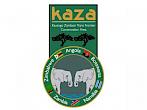

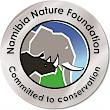

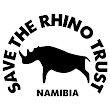


related news and reports
explore the latest news and TRAFFIC publications related to wildlife crime and poaching in Southern Africa
reports related to WILDLIFE CRIME
Explore the latest publications, reports and papers from TRAFFIC related to the fight against wildlife crime in Southern Africa.
Visit our resource library for the full TRAFFIC publication archive.
thank you

The United States Agency for International Development (USAID) is responsible for the majority of overseas development assistance from the United States Government and works to end extreme poverty and promote resilient, democratic societies while advancing security and prosperity for America and the world.

